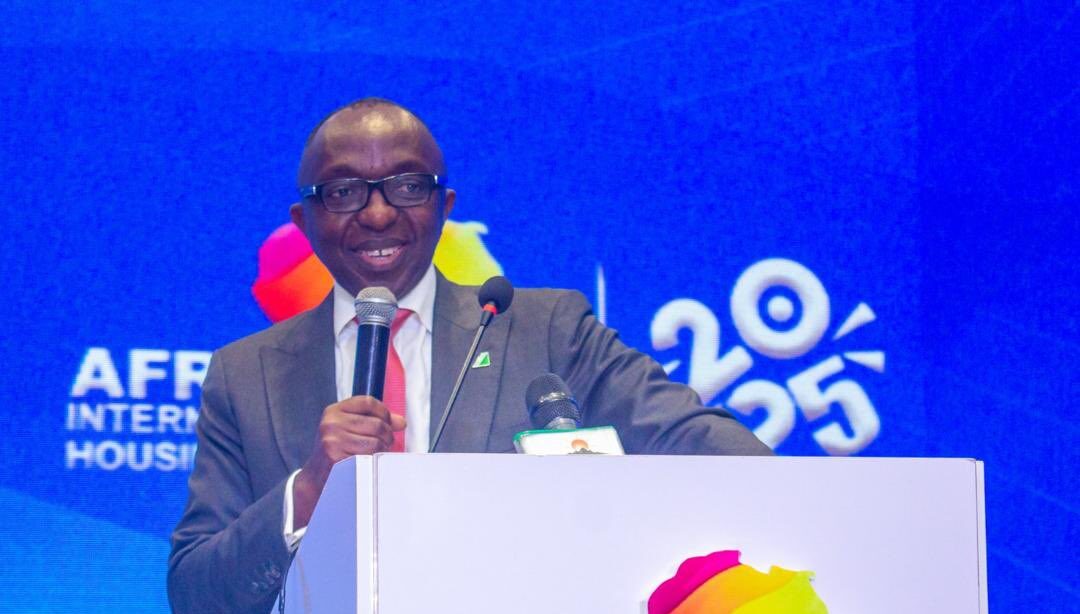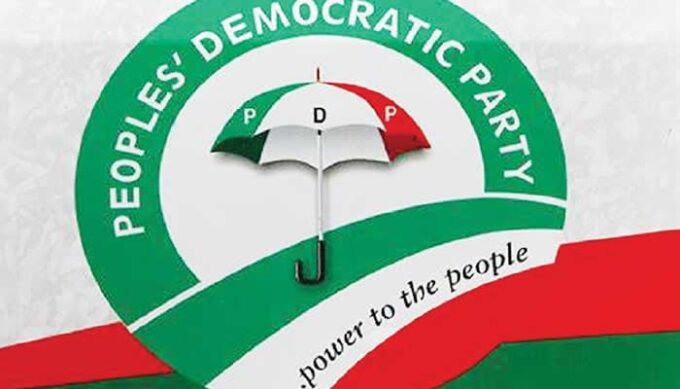The Ministry of Finance Incorporated (MOFI) has disclosed that the Federal Government’s investment assets, currently valued at N38.3 trillion, are undergoing a comprehensive audit and governance reform aimed at enhancing transparency, accountability and effective performance of public enterprises.
The Chief Executive Officer of MOFI, Dr. Armstrong Takang, made this known in Lagos yesterday during the inauguration of the 2025 Guidelines on Corporate Governance by the Nigerian Communications Commission (NCC).
According to Takang, Nigeria has for decades lacked a clear, credible record of the public assets it owns, resulting in waste, underperformance, and in some cases, complete collapse of formerly strategic enterprises.
“For many years, we simply did not know what the government owned, where those assets were located, or how they were performing. Most Nigerians couldn’t say with any certainty what the country actually owned,” he said.
He explained that when MOFI commenced the reform process, government records reflected only N1.5 trillion in the value of public investment assets. However, a more detailed assessment of just 20 of those entities revealed a staggering N38.3 trillion in net asset value.
Takang lamented that despite such significant national investments, many government-owned enterprises had failed to deliver returns, with some not paying dividends in decades, while others were abandoned or operating far below capacity.
“We spent billions of dollars to establish these companies. Yet today, some of them are nothing more than ghost towns. No value is coming back to the Nigerian people,” he said, citing the examples of Nigerian Airways, Ajaokuta Steel, and Delta Steel, once-promising ventures that have since collapsed.
He attributed these long-standing failures largely to poor corporate governance, emphasizing that a lack of transparency, accountability, and proper management structures plagued state-owned enterprises for years.
“Those who were in charge of these companies often behaved as if they were not answerable to anyone. There was no transparency, no audited financials, no performance reporting—and nobody was held responsible when things went wrong,” Takang stated.
In response, MOFI is developing a comprehensive national asset registry that will provide a single-window view of all federal government investment assets. The registry, he explained, will capture details including what is owned, where it is located, its financial value, who manages it, and how well it is performing.
“This is not just for record-keeping. It is about transparency and accountability. Every Nigerian deserves to know what the government owns and what returns we are getting from those investments,” he said.
Takang further revealed that MOFI had launched a corporate governance scorecard to evaluate the performance of state-owned enterprises across key indicators, including transparency, dividend payments, capital growth, liquidity, and community impact.
“We want to know whether the value of these companies is growing, if they are paying dividends, creating jobs, and being run like real businesses,” he added.
To ensure the credibility of the process, he said MOFI engaged independent experts drawn from reputable institutions, including the Financial Reporting Council, Institute of Directors, and the Society for Corporate Governance.
Beyond financial and operational performance, Takang emphasized the strategic importance of corporate governance in building a robust economy, stating that Nigeria must move beyond outdated management practices and embrace global best standards.
“If we want to become a one trillion dollar economy, we cannot continue to act like we are in the third division. We must behave like those who belong in the premier league—with discipline, structure, and accountability,” he declared.
He also stressed that government assets should only be divested after they have matured into successful, self-sustaining ventures—not because they have failed.
According to him, strong institutions, good governance, and effective asset management are fundamental to achieving economic growth, creating jobs, and instilling national pride.
“A rich man in a poor country is still poor. If we want respect for our country and for our people, we must build a strong economy, and that starts with managing what we already own,” Takang concluded.

















Leave a comment